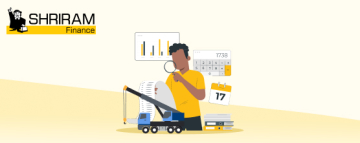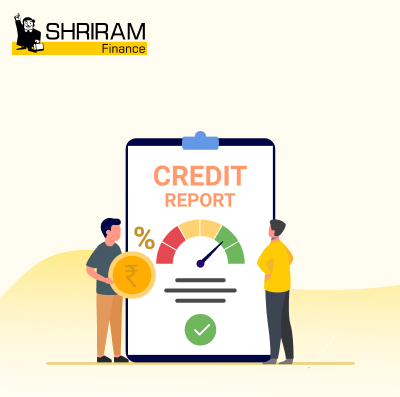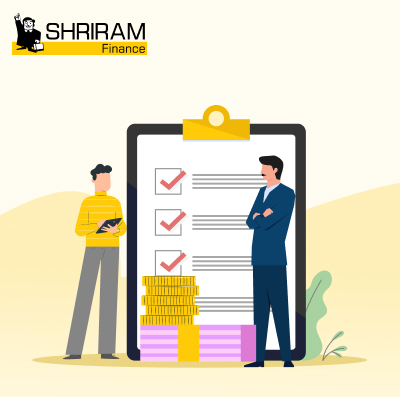Major infrastructure projects require heavy and expensive equipment, like bulldozers, excavators, cranes, etc. For most construction companies, particularly small ones, the outright purchase of such equipment is impractical due to exorbitant costs. Construction companies, therefore, seek some financing or lease of the equipment.
Both methods allow for the acquisition and use of construction equipment, yet differ in aspects of ownership, costs, tax implications, and flexibility. Read on to know about construction equipment finance vs construction equipment lease.
Overview of Construction Equipment Financing and Leasing
Equipment financing refers to taking a loan to purchase the needed equipment, whereas leasing involves making recurring rental payments to use the equipment for a specific period.
With a financed equipment purchase, you own the asset after making all loan payments over the financing term. Under a lease agreement, asset ownership remains with the leasing company, although you have full and exclusive use of the equipment during the lease period.
Key Differences between Financing and Leasing
Several key parameters have varying implications for your business when it comes to construction equipment finance vs construction equipment lease. These key differences include:
1. Ownership and Asset Management
When you opt for a loan or financing, you purchase the equipment and hold its title or ownership documents. Hence, any benefits or risks associated with owning the asset are yours to bear. This includes responsibility for proper maintenance, repairs, insurance, etc. to ensure maximum uptime and utilisation.
With a lease, asset ownership stays with the lessor, so major risks, responsibilities, and end-of-life decisions associated with the equipment belong to them. However, as a lessee, you must keep the asset in good working order as per contractual terms.
2. Financial Implications
Equipment financing means borrowing money to fund a purchase, so you incur long-term debt, which must be repaid with interest. Depending on your credit score and financial history, you may get loan approval easily or have to pledge other business assets as collateral.
Leasing, on the other hand, involves regular rent payments for using the equipment for short-term periods of 12, 24, or 36 months. No business collateral may be required if you have a good credit score. There is also no long-term debt burden. However, in the long run, cumulative lease charges could exceed the cost of purchasing equipment.
3. Tax Considerations
For a financed asset purchase, tax benefits apply in the form of accelerated depreciation deductions and investment tax credits, which can optimise the business's cash flows. Under an operating lease, rental payments are treated as regular business operating expenses which are 100% tax deductible. Hence, leases offer better tax deduction benefits. Capital or financial leases allow you to deduct asset depreciation but not lease payments.
4. Flexibility and Maintenance
Financing enables greater long-term control as you decide how long to use the equipment and manage repairs, upgrades, etc. However, you also bear any risks in case of asset damage, loss, or obsolescence.
Leases offer more flexibility as you can adjust term periods based on business needs, swap out equipment, or discontinue contracts without carrying over locks. Maintenance is the lessor’s responsibility.
Financing vs Leasing: Factors to Consider
Your choice between taking an equipment loan or lease depends on multiple business aspects like size and cash flows, asset usage periods, long-term plans, etc.
1. Business Size and Financial Health
Startups and smaller companies may find leases more viable for acquiring expensive assets due to lower upfront costs. Established players with regular cash flows would benefit more from strategically financed equipment acquisitions. Companies facing financial constraints should opt for leases too.
2. Equipment Usage and Lifespan
If you require equipment long-term or foresee extensive mileage, hours of operation, etc., then financing the asset could make better sense than prolonged leasing. Construction equipment with shorter project lifecycles can be leased more practically.
3. Long-Term Business Strategy
Equipment financing suits companies aiming for long-term asset ownership, looking to scale up operations over time, or using owned equipment as loan collateral for raising working capital. Leasing works better for more dynamic or uncertain business scenarios.
Conclusion
Financing offers more ownership rewards, while leasing offers increased flexibility. Evaluate all costs and qualitative factors before deciding between a loan and a lease. An experienced equipment financing adviser can also suggest suitable options aligned with your budget, operations, and future plans.
































